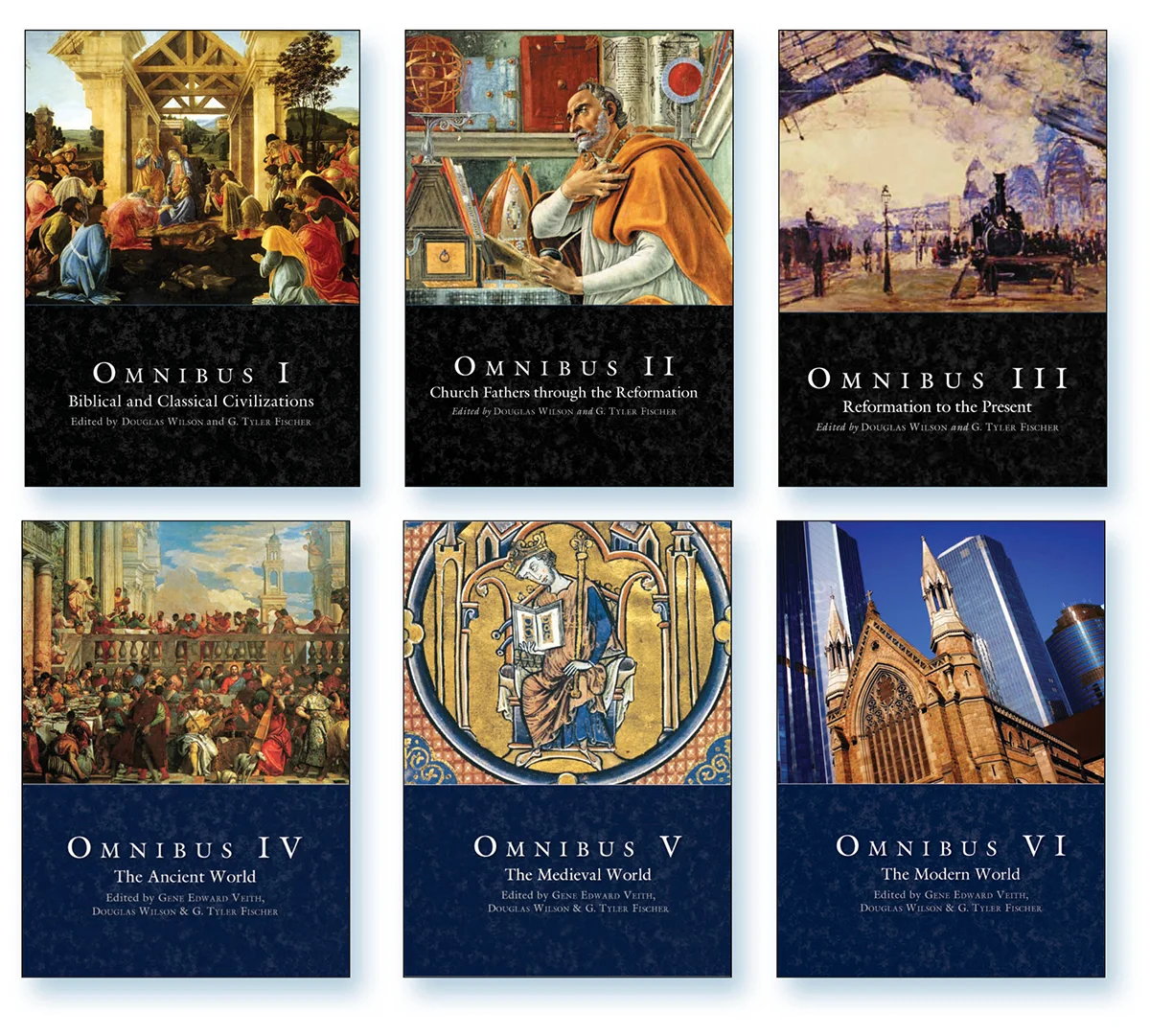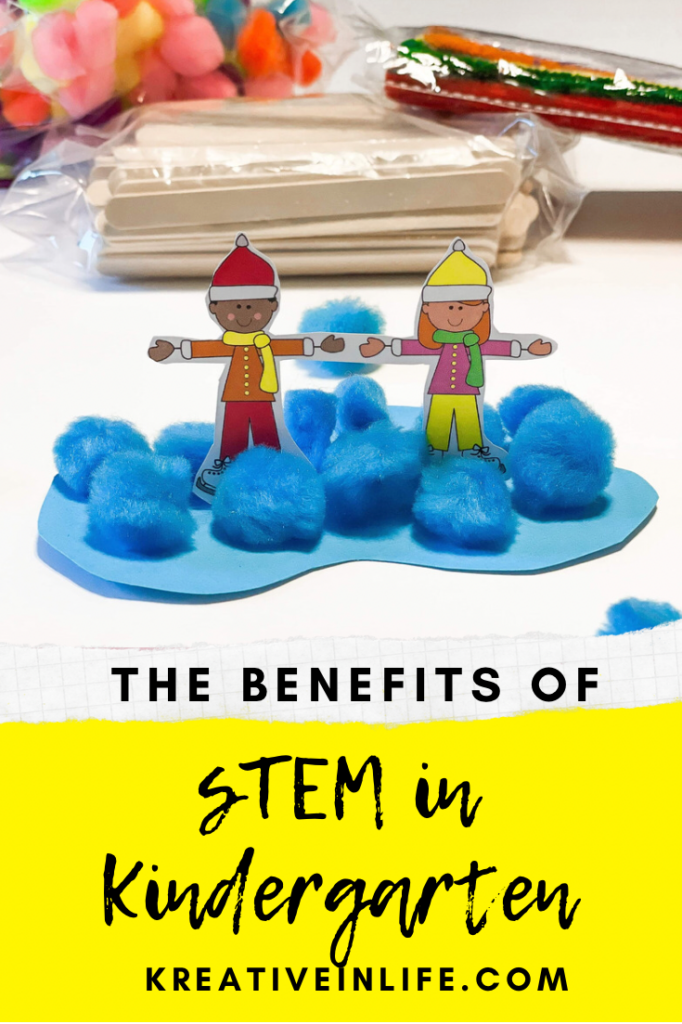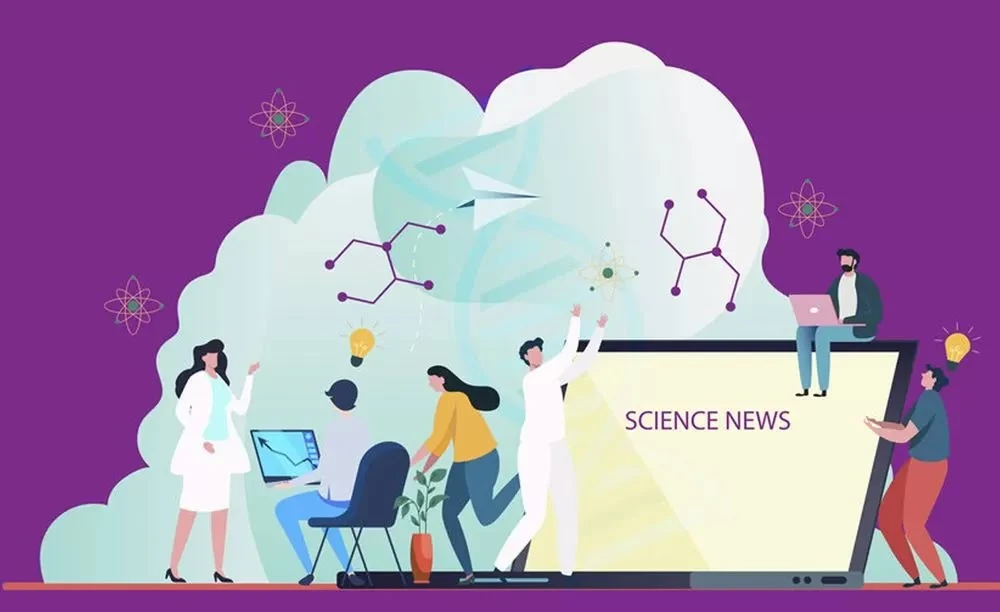
Time Travelers: Home Schooling History Exploration
Embarking on a historical journey within the home schooling curriculum opens doors to immersive learning experiences. In this article, we’ll explore the benefits of incorporating history exploration into home schooling and share creative strategies to make it a captivating and enriching endeavor.
Unveiling the Tapestry of the Past
History exploration in home schooling is not just about memorizing dates and events; it’s about unraveling the intricate tapestry of the past. By delving into historical narratives, students gain a profound understanding of the complexities that have shaped societies, cultures, and civilizations.
Personalizing Learning Through Historical Themes
One of the strengths of home schooling is the ability to personalize learning experiences. Tailor history exploration to individual interests by selecting themes that resonate with the student. Whether it’s ancient civilizations, world wars, or cultural revolutions, aligning historical studies with personal interests enhances engagement and fosters a lifelong love for learning.
Interactive Learning with Primary Sources
Bring history to life by incorporating primary sources into the curriculum. Letters, diaries, artifacts, and historical documents provide firsthand accounts of past events. Analyzing primary sources not only hones critical thinking skills but also allows students to connect directly with the voices of those who lived through history.
Historical Field Trips: Beyond the Textbooks
While traditional field trips might be challenging, virtual field trips and local historical sites offer viable alternatives. Explore museums, historical landmarks, and cultural institutions online. Additionally, consider visits to local historical sites, turning your community into a living history lesson. These experiences provide context and a tangible connection to the past.
Integrating Art and Literature into History Studies
Enrich history exploration by integrating art and literature into the curriculum. Historical novels, artwork from specific periods, and literature inspired by historical events deepen the understanding of the cultural and artistic dimensions of different eras. This interdisciplinary approach fosters a holistic appreciation for the complexities of history.
Thematic Units: Connecting Historical Concepts
Organize history studies into thematic units that span across time periods and regions. Instead of isolated events, students can explore overarching themes such as revolutions, technological advancements, or social movements. Thematic units provide a comprehensive view of historical development and encourage students to draw connections between seemingly disparate events.
Interactive Projects and Simulations
Make history exploration hands-on by incorporating interactive projects and simulations. Whether it’s reenacting historical events, creating timelines, or participating in historical debates, interactive projects immerse students in the past. These activities not only reinforce historical knowledge but also develop critical thinking and creativity.
Digital Resources for Dynamic Learning
Leverage digital resources to infuse dynamism into history exploration. Online archives, documentaries, and interactive websites offer a wealth of information and engaging visuals. Utilize technology to access virtual museums, historical databases, and multimedia presentations that enhance the overall learning experience.
Culminating Projects: Showcasing Historical Understanding
Encourage students to showcase their historical understanding through culminating projects. Whether it’s a research paper, multimedia presentation, or creative project, allowing students to demonstrate their knowledge in a variety of formats promotes autonomy and a deeper connection with the subject matter.
Home Schooling History Exploration: A Link to Enriched Learning
For a comprehensive guide to home schooling history exploration and to access curated resources and project ideas, visit Home Schooling History Exploration. This online resource offers valuable insights to make history a captivating and enriching journey for home-schooled students. Explore the website to connect with a community dedicated to the exploration of the past.
Conclusion: Nurturing Time Travelers of Knowledge
In conclusion, home schooling history exploration goes beyond textbooks to nurture time travelers of knowledge. By weaving together personal interests, primary sources, interactive experiences, and digital resources, students embark on a journey that fosters a deep appreciation for the intricacies of human history. As you integrate history into your home schooling curriculum, you’re not just imparting facts; you’re cultivating a curiosity that propels students to become lifelong learners with a profound understanding of the world’s rich tapestry.








